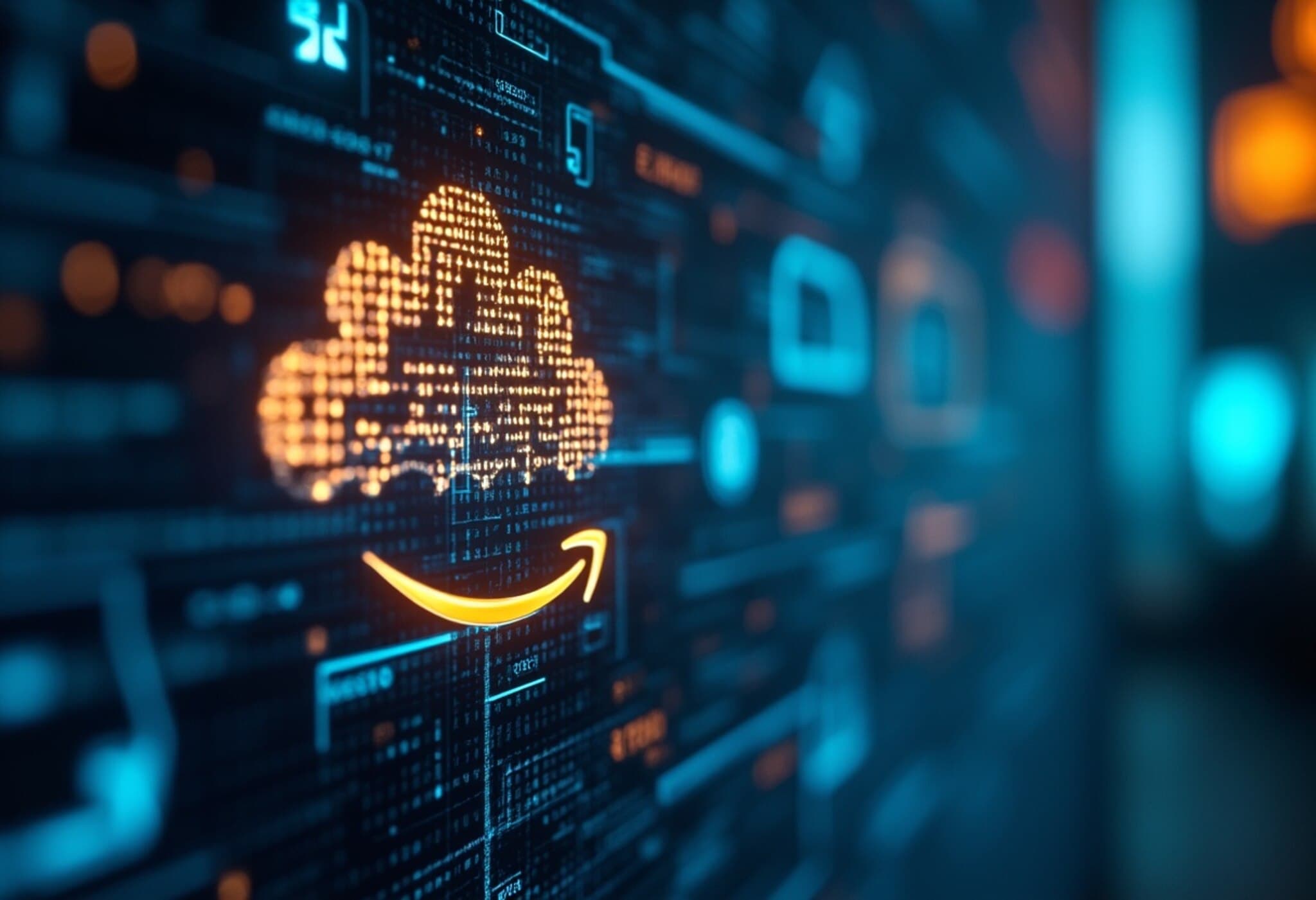The Dawn of AI-Driven Checkout: A Paradigm Shift in Online Shopping
In the evolving landscape of online commerce, simplicity and speed reign supreme. The less friction shoppers encounter, the higher the chances of completing a purchase — a truth that companies across the globe are racing to master. Enter generative artificial intelligence (AI), with pioneers like ChatGPT poised to rewrite the rules of online checkout, potentially transforming internet shopping as we know it.
From Browsing to Buying: AI Takes the Driver's Seat
Today, if you ask ChatGPT about where to find a London Fog men's coat, it may suggest options—but you still must click a link and navigate to the retailer’s website to finalize your purchase. However, emerging developments signal that this fragmented process will soon give way to streamlined, in-chat transactions.
Generative AI search platforms, such as Perplexity, have begun integrating payment solutions directly within their interfaces. Recently partnering with PayPal, Perplexity now allows users to buy concert tickets or book travel effortlessly within the chat experience itself, handling payment, shipping, and tracking seamlessly behind the scenes.
Meanwhile, industry insiders report that OpenAI is collaborating with major e-commerce players like Shopify to embed checkout capabilities directly into AI chat platforms. Although unconfirmed, such moves could substantially alter how consumers engage with retailers — eliminating traditional websites as intermediaries and shortening the buyer’s journey.
Expert Perspectives: The Impact on Retail and Payment Ecosystems
Elizabeth Perkins, professor of business administration and economics at Roanoke College, highlights the profound marketing implications: "By enabling customers to purchase directly within chat, businesses reduce decision friction, accelerate purchases, and decrease the likelihood of abandoned carts. This could significantly tighten the sales funnel and boost conversion rates."
Will Traditional Payment Platforms Face Disruption?
Perkins suggests AI-enabled checkout may challenge familiar payment services like Venmo and Apple Pay. However, Paul McAdam, senior director of banking intelligence at J.D. Power, offers a nuanced view: "While the checkout landscape will undoubtedly shift, dominant players such as PayPal, Apple, and Google possess entrenched market positions that will help them adapt. The real shakeout may affect smaller, upstart payment providers vulnerable to acquisition or obsolescence."
PayPal echoes a positive stance, viewing AI integration as an opportunity rather than a threat. A spokesperson commented, "We’re partnering with innovators like Perplexity to deliver personalized, secure, and frictionless commerce experiences to our extensive network of over 400 million consumers and merchants worldwide."
The AI Advantage: Personalization and Community at the Forefront
Blair Ethington, vice president at eBay overseeing buyer experience, underscores the company’s commitment to integrating AI into checkout processes. “AI accelerates workflows and enhances idea generation, but the real power lies in combining these capabilities with eBay’s trusted community and vast inventory. Our goal is to offer hyper-personalized product suggestions tailored to each shopper’s habits—making agentic commerce an achievable future.”
Global managing director at IBM, Dee Waddell, adds that consumers’ dissatisfaction with current e-commerce experiences is fueling demand for seamless, AI-powered solutions. "Only 14% of shoppers report satisfaction with today’s online retail interactions," Waddell says. "AI represents the frontier of transformation, capable of acting as a personal assistant that manages everything from discovery to purchase completion within a single interface."
Envisioning the Integrated AI Marketplace
Imagine a consumer consulting ChatGPT or Anthropic's Claude for gift ideas, receiving curated recommendations, confirming payment details, verifying shipping addresses, and completing purchases—all without leaving the chat window. As Waddell notes, "This shifts the marketplace dynamic entirely, compelling retailers to develop partnership strategies with AI platforms or even engage directly with AI providers to remain relevant."
Structural Changes in E-Commerce: Attention Becomes the New Currency
Alex Graf, CEO of digital commerce platform Spryker, frames the AI takeover as a fundamental shift. "E-commerce isn’t just about closing sales anymore; it’s about owning the pre-sale space and capturing consumer attention early. ChatGPT and similar large language models will dictate product discovery and streamline decision-making, posing an existential threat to traditional online marketplaces like Amazon and Etsy."
Graf points out that the true goldmine lies in monetizing eyeballs and engagement. Retail media—a $50 billion global market driven by ads within e-commerce platforms—has become more profitable than product sales themselves. “Amazon’s most lucrative segment isn’t Prime or AWS—it’s retail media. The future belongs to whoever controls AI-powered 'homepages' of commerce, generating revenue through paid placements and affiliate links rather than direct transactions.”
In this evolving ecosystem, fintech players such as PayPal and bank-backed Zelle may face indirect impacts. Integrated AI wallets and native purchasing capabilities could erode the space currently occupied by standalone payment apps. "The key will be who can effectively monetize attention and shopping intent—not just process transactions," Graf emphasizes.
Looking Ahead: Preparing for an AI-Driven Commerce Revolution
- Retailers must rethink channel strategies to integrate seamlessly with generative AI platforms.
- Payment providers will need to innovate rapidly to maintain relevance amid shifting consumer behaviors.
- Consumers can expect more personalized, efficient shopping experiences that minimize friction and maximize convenience.
The rise of conversational commerce underpinned by AI forces all stakeholders—from e-commerce giants to financial institutions—to anticipate substantial changes. As technology blurs the lines between search, discovery, and payment, the future of retail hangs in a delicate balance shaped by who controls the AI interface.
Editor's Note
Generative AI promises a transformative leap in online checkout experiences—heralding both opportunities and challenges for retailers, payment platforms, and consumers alike. As these AI systems become the new digital marketplaces, questions remain about data privacy, consumer protection, and fair competition in this rapidly evolving environment. Stakeholders should watch closely and prepare for a marketplace where attention and AI-powered personalization redefine commerce.



















